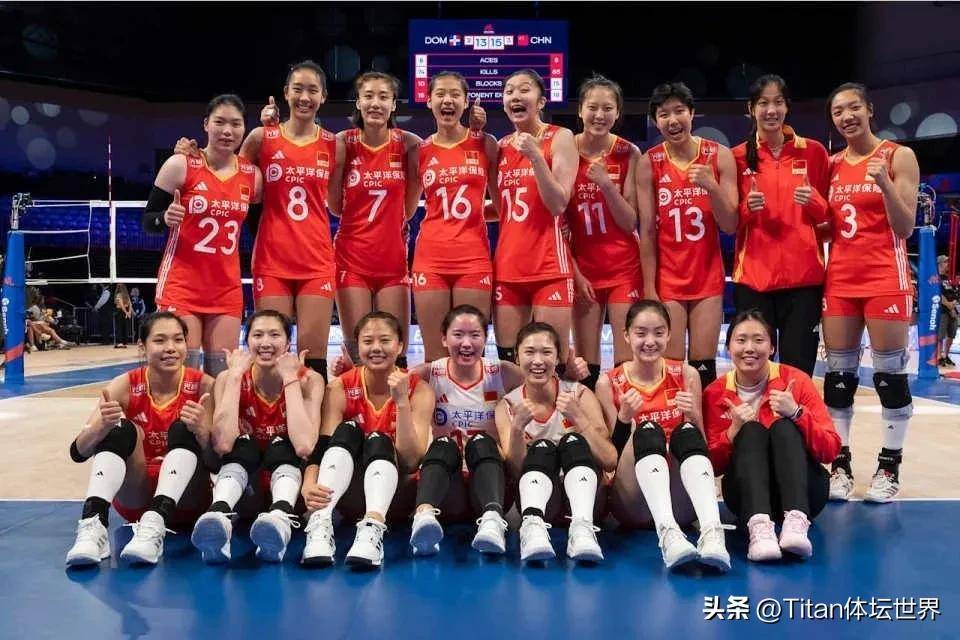On July 13th, Beijing time, during the FIVB Women’s Volleyball Nations League in Arlington, USA, the Chinese women’s volleyball team fought a five-set battle against Germany. Despite falling behind 0-2, China managed to turn the tide and secured a dramatic 3-2 victory. This marked their third consecutive win in the tournament. While the players' excellent performances were a significant factor, much of the victory was attributed to head coach Zhao Yong's tactical decisions, especially his substitutions, which played a pivotal role in the turnaround.
In the first two sets, the Chinese team found themselves in a clear disadvantage. The German team made targeted efforts to limit China's main attacking line, with their blocks proving effective. Meanwhile, Chinese middle blocker Wang Yuanyuan was nearly invisible in both attack and defense, failing to make much of an impact. As a result, China lost both sets, 22-25 and 24-26. At this point, the team’s confidence seemed shaken, and many believed the game had already slipped beyond reach.
However, Zhao Yong’s adjustments came quickly and decisively. At a critical moment in the third set, when the score stood at 12-14, he made what would be the game’s turning point: he substituted Wang Yuanyuan, who was struggling, with the young middle blocker Wang Aoqian. He also sent in opposite hitter Dong Yuhan to strengthen the serving rotation. This substitution immediately turned the match around.
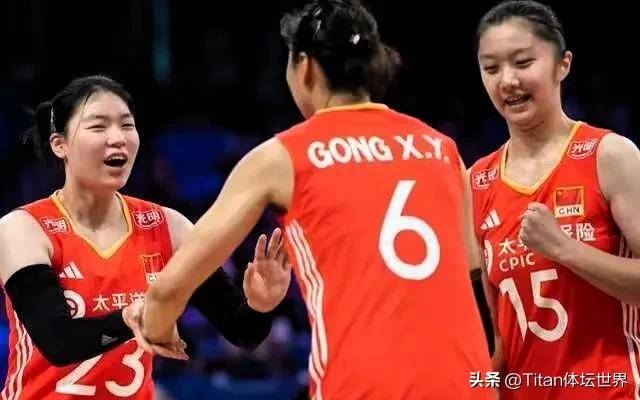
Wang Aoqian's impact was immediate. Her quick movements at the net, combined with her seamless coordination with the setter, proved highly effective. She utilized fast-paced attacks like short quicks and back-row spikes, scoring three consecutive points that allowed China to reverse the score from 12-14 to 15-14. More importantly, her presence revitalized the middle attack, easing the burden on the outside hitters.
Simultaneously, Dong Yuhan's serve became a weapon. Her powerful serves disrupted Germany’s reception, forcing them into an uncoordinated offense. During her serving run, China went on a 5-0 run, stretching the score to 20-16, and eventually won the set 25-21, reducing the deficit to 1-2.
In the fourth set, Zhao Yong didn’t settle for just pulling even but continued to trust his substitutes. Wang Aoqian and Dong Yuhan maintained their strong performances. Wang added two more points through blocking, while Dong continued to pressure the German team with both attacks and serves. The Chinese offense blossomed from multiple angles, breaking the German defense rhythm. China won the set comfortably, 25-17, tying the match at 2-2.
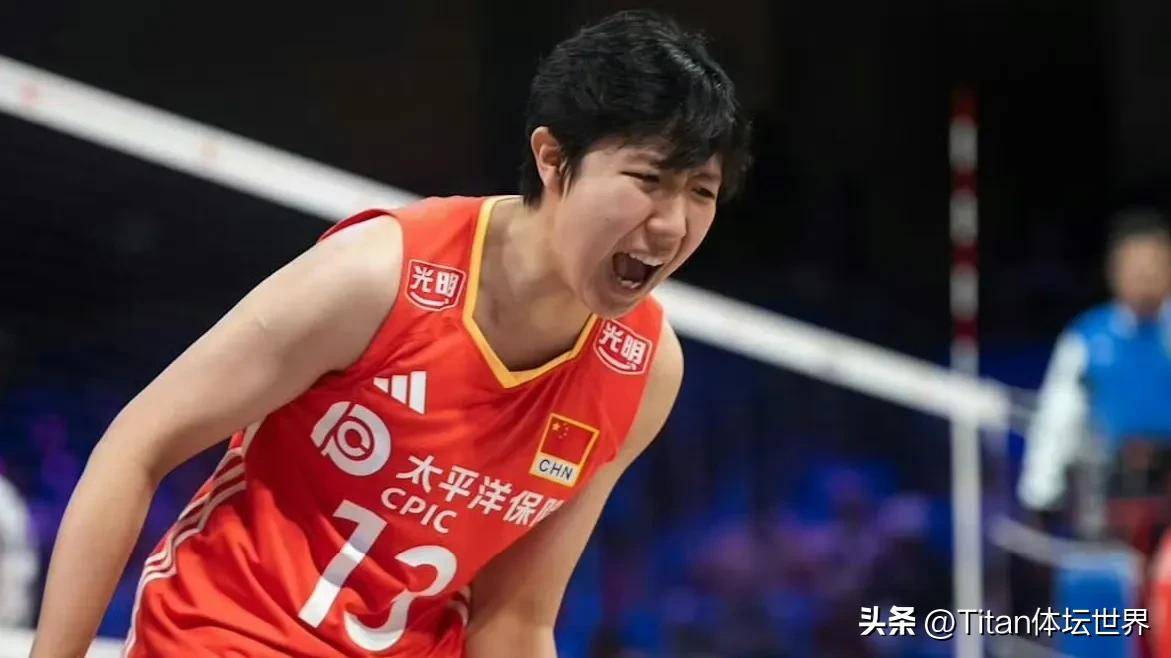
In the decisive fifth set, China once again found themselves trailing, 5-8. But Zhao Yong made another critical substitution, bringing in veteran Gong Xiangyu to stabilize the backcourt while keeping Wang Aoqian in the game for her net defense. Gong's excellent backcourt defense saved several crucial balls, while Wang Aoqian’s timely blocks helped China rally with a 4-point streak, taking the lead. In the end, China sealed the win with an 18-16 scoreline, completing a stunning comeback.
Throughout the match, Zhao Yong's substitutions displayed four key characteristics:
1. Timely substitutions – Each substitution came at critical junctures, such as the 12-14 score in the third set and the 5-8 deficit in the final set. These substitutions were game-changers, shifting the momentum.
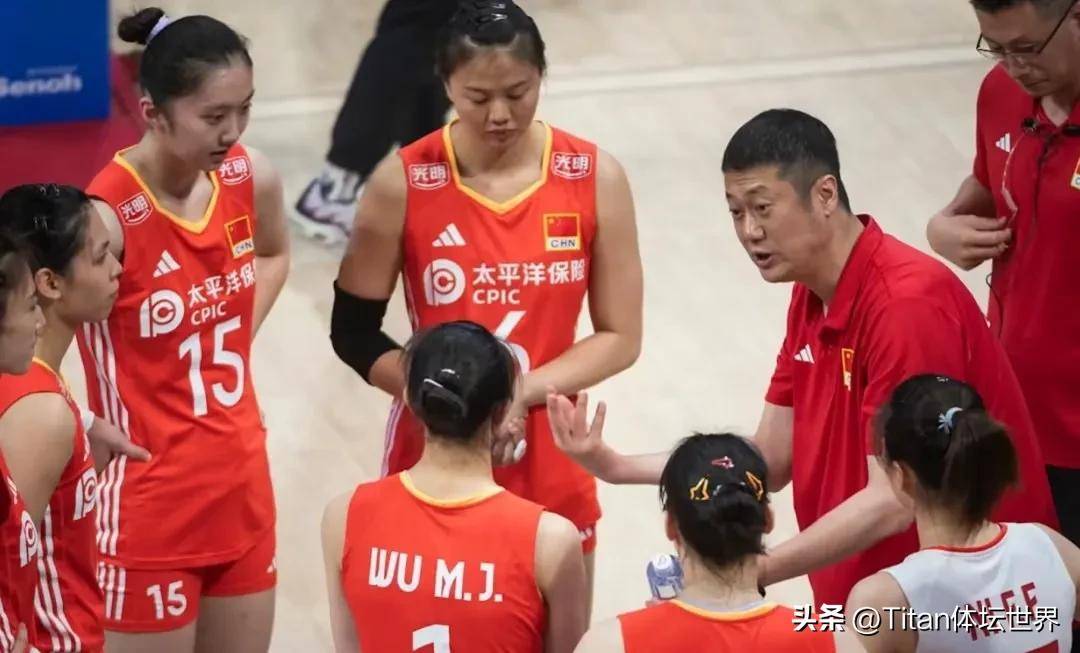
2. Immediate impact – The substitutes blended into the team’s tactics right away. Wang Aoqian’s quick attacks and Dong Yuhan’s serving were effective from the moment they entered, with no adjustment period needed.
3. Targeted approach – Zhao Yong’s adjustments were based on in-game observations. He replaced the ineffective Wang Yuanyuan with Wang Aoqian when the middle attack was weak and strengthened the serve with Dong Yuhan when Germany’s reception was fragile. His substitutions were always tactical and well thought out, highlighting his ability to read the game and his preparation of substitutes for key roles.
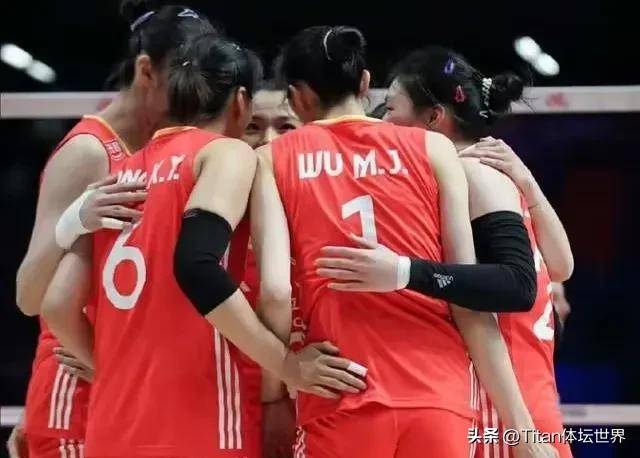
4. Boldness in substitutions – Zhao Yong’s substitutions were never made in a comfortable lead but always in moments when the team was under pressure or trailing. His decision to bring in younger players, despite the risk, demonstrated courage and confidence. Even if the substitutions had backfired, he would have faced criticism, but their success gave the young players valuable experience and growth. The recent breakthroughs of Wang Aoqian, Dong Yuhan, and Chen Houyu are proof of the rewards that come with such bold decisions.
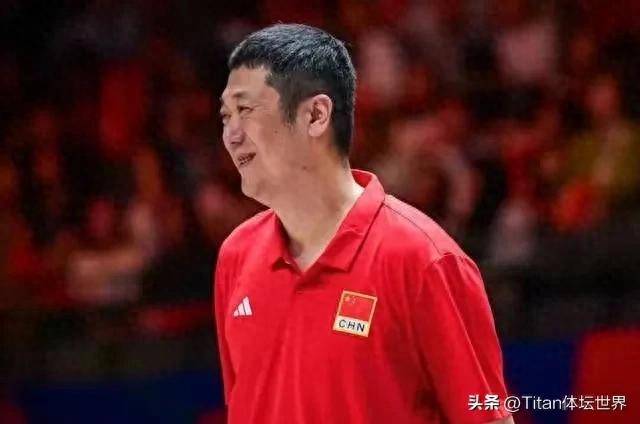
This 3-2 victory over Germany was not only a testament to China’s resilience but also a display of true team spirit. It wasn’t just about shouting slogans but rather about the unbreakable determination to bounce back from two sets down, the fierce competitiveness in clutch moments, and the result of teamwork and coaching. Both the players' courage and the coach’s tactical vision were indispensable to the victory.
For a team in the midst of a generational transition, this performance was a remarkable achievement. Especially for the young players, who exceeded expectations and brought much surprise and excitement to the fans!
